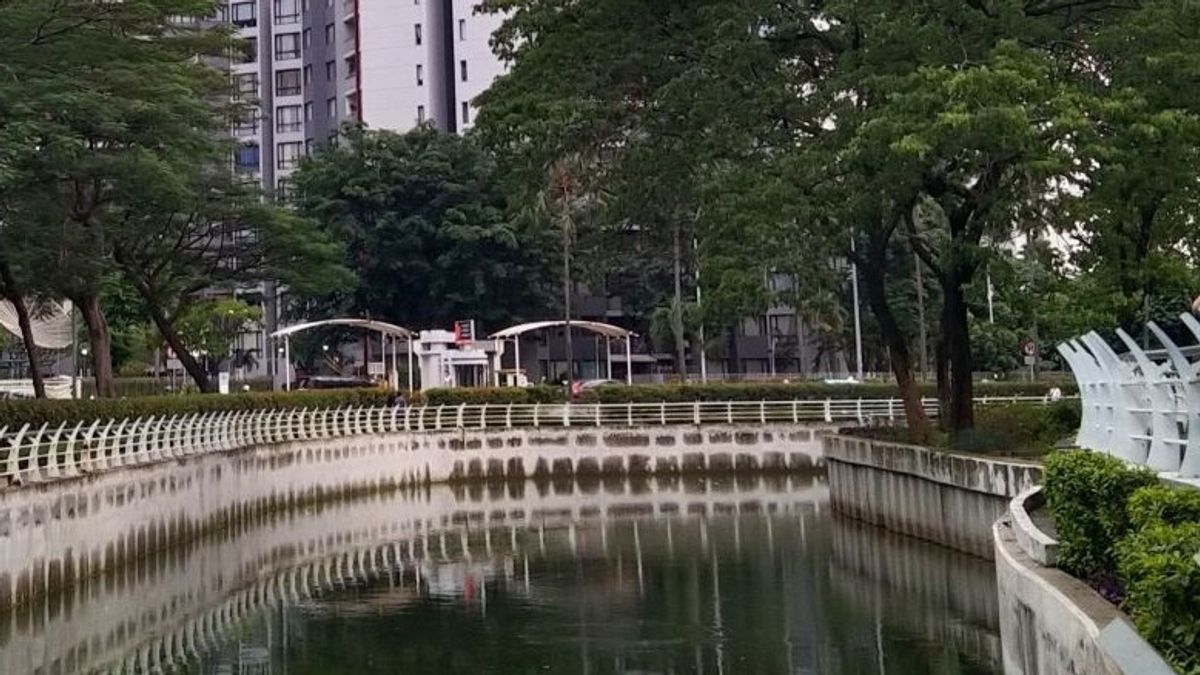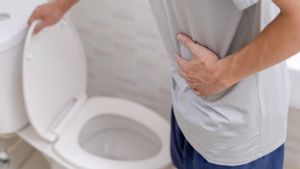JAKARTA - Deputy Governor of DKI Jakarta Ahmad Riza Patria invites residents of the Capital City to manage household wastewater to reduce environmental pollution.
"If wastewater is not treated, all waters can be polluted. Therefore, wastewater must be treated before being discharged into canals to maintain water quality," said Riza Patria, quoted by Antara, Saturday, February 19.
In an upload on her Instagram account, Riza explained that domestic wastewater, one of which is non-latrine, if it is directly dumped into waterways, pollutes the environment such as rivers, reservoirs and the sea.
Waste water is divided into two, namely non-latrine waste such as household waste such as washing and bathing activities.
The second wastewater is latrine waste that comes from toilets and is generally stored in a septic tank.
This latrine waste, if not treated properly, can contaminate the soil and groundwater with E coli bacteria.
Domestic wastewater is treated properly, namely latrine and non-latrine wastewater, is accommodated and processed at the Wastewater Treatment Plant and routine desludging is carried out.
The sludge is then transported and processed at the Sludge Treatment Plant.
Meanwhile, the DKI Jakarta Environmental Service in its 2019 DKI Jakarta River Water Environmental Quality Monitoring report published in 2020 noted that the overall river water quality was degrading based on the calculation of the pollution index (IP).
Several rivers in Jakarta, including the Sentiong River Basin (DAS) with 100 percent status as heavily polluted during 2019.
Meanwhile, the status of river water quality in the Ciliwung watershed is heavily polluted, reaching 96 percent in the three monitoring periods during 2019.
However, in the fourth or last monitoring period, there was a significant decrease of 32 percent to moderately polluted.
In general, rivers in Jakarta in the third period of 2019, obtained the highest percentage for the number of monitoring locations with heavily polluted water quality status, which was 98 percent.
However, in the last period, it saw a significant decline of 21 percent.
Locations that have improved water quality status from heavily polluted to moderately polluted or lightly polluted are several monitoring points on the Ciliwung River, Sepak, Krukut, West Kalibaru, East Kalibaru, East Flood Canal (BKT), Cideng, Mampang, West Tarum, Kamal, and Pesanggrahan.
This improvement in quality status is generally due to a significant decrease in the concentration of fecal coli bacteria or coli bacteria.
This can indicate an improvement in environmental sanitation around the river area.
The English, Chinese, Japanese, Arabic, and French versions are automatically generated by the AI. So there may still be inaccuracies in translating, please always see Indonesian as our main language. (system supported by DigitalSiber.id)













